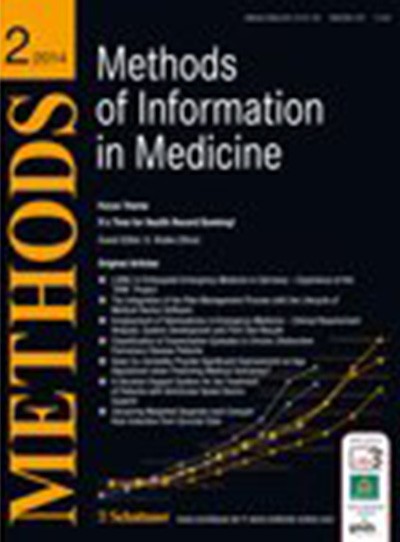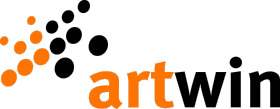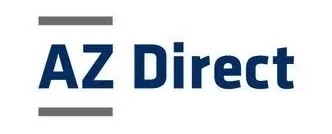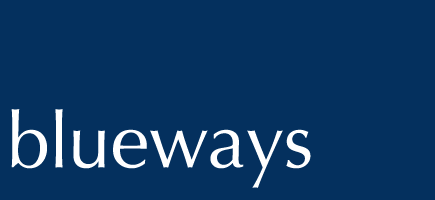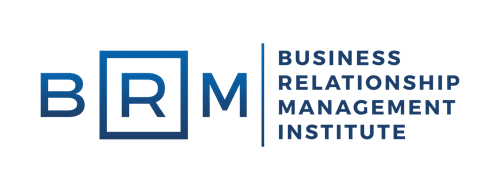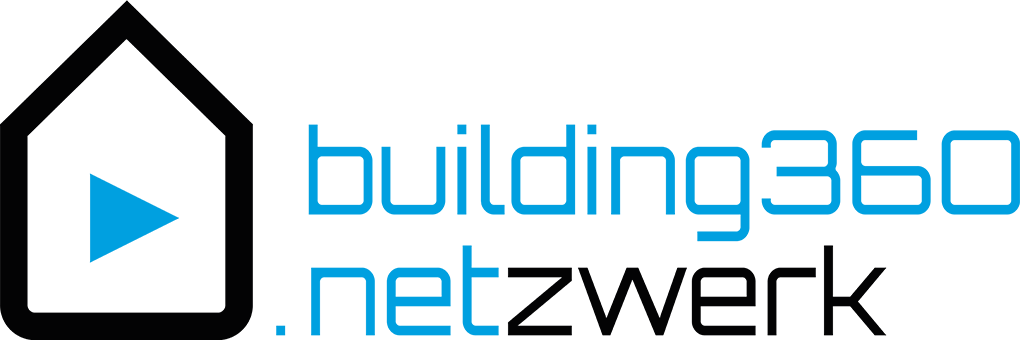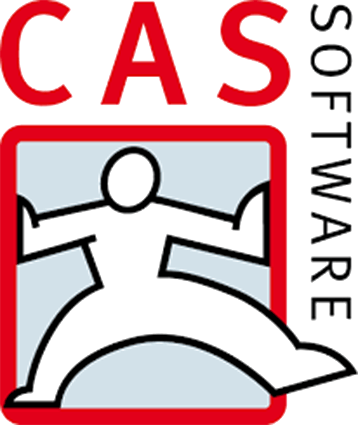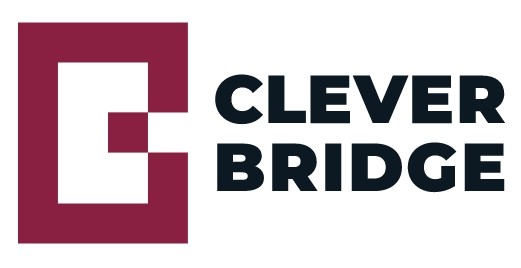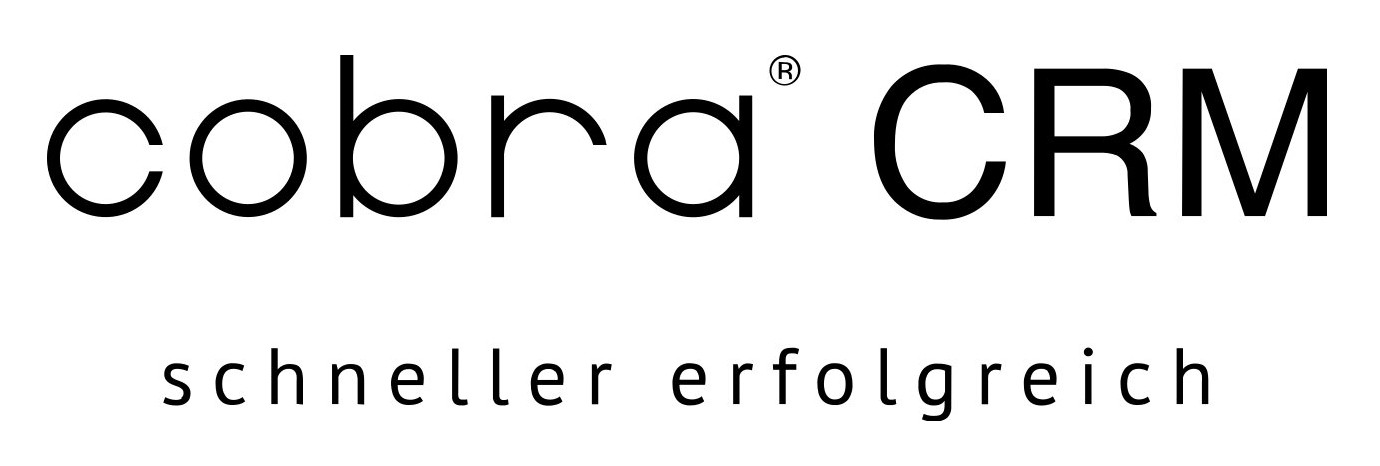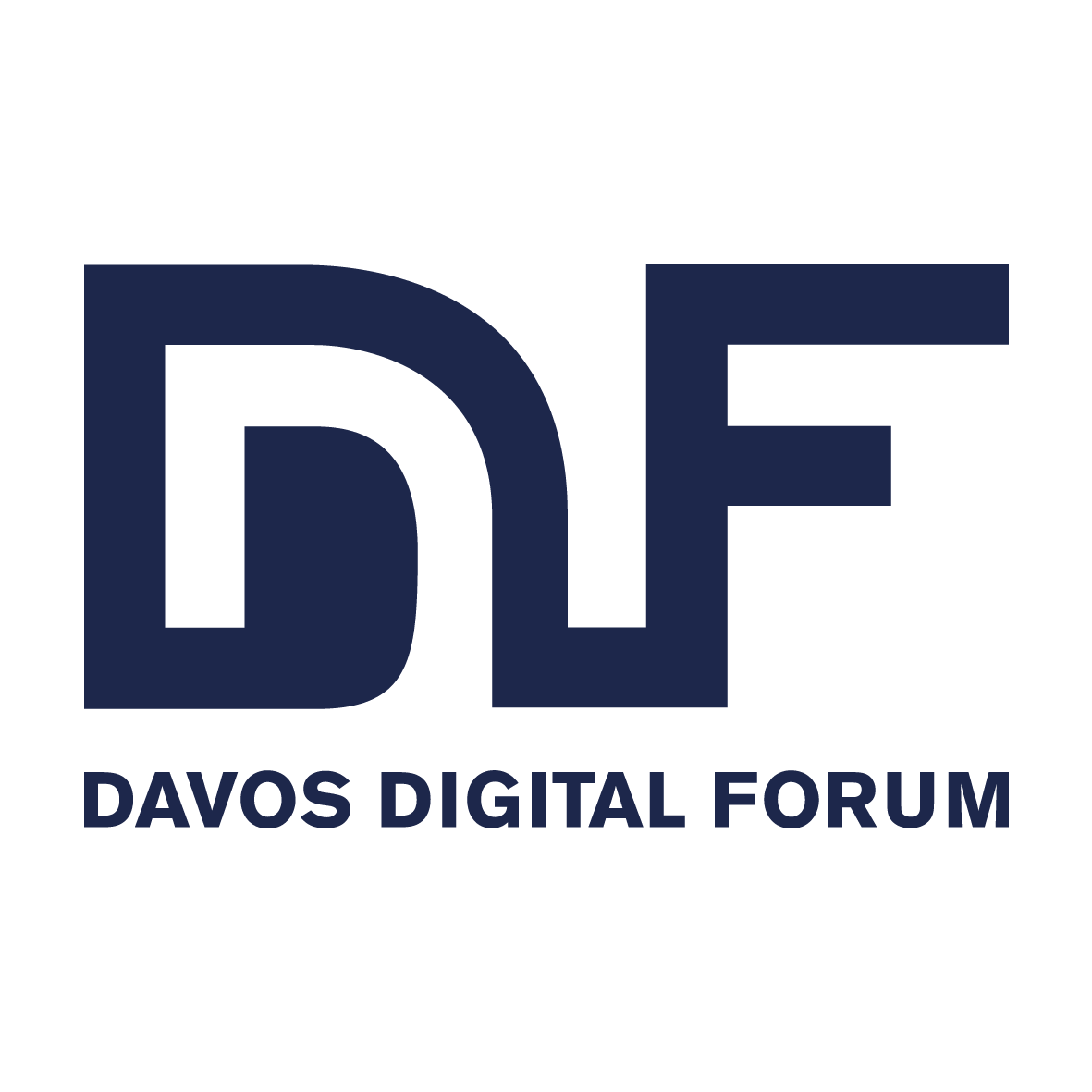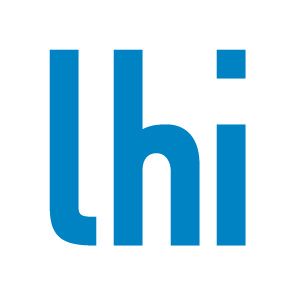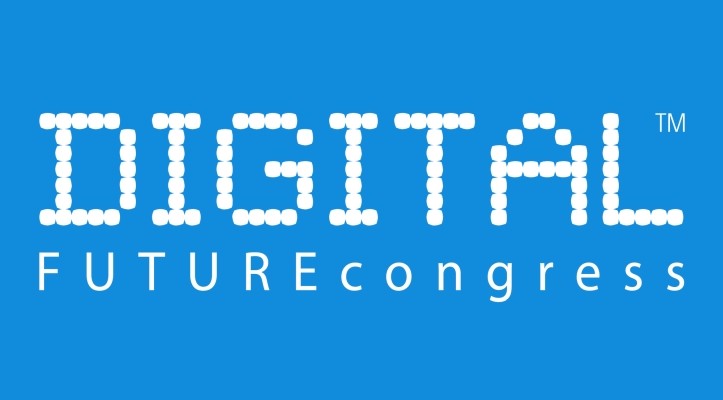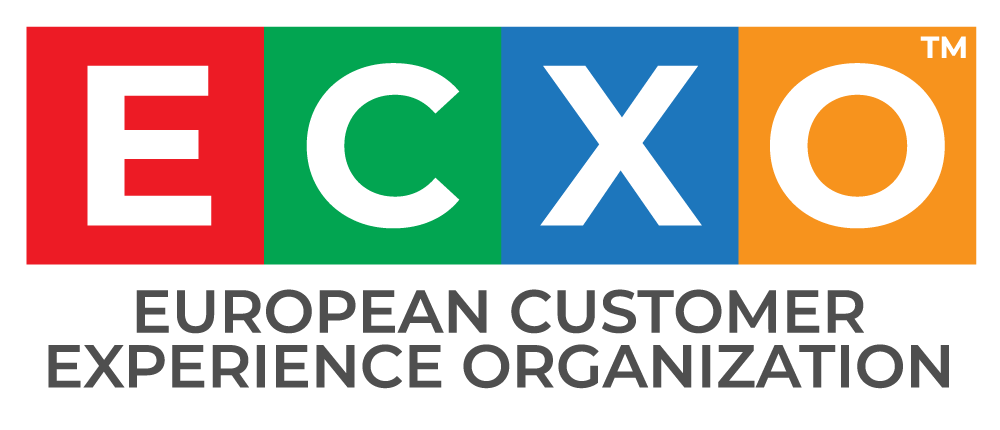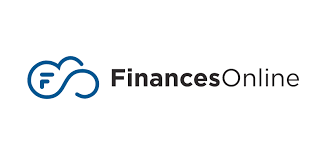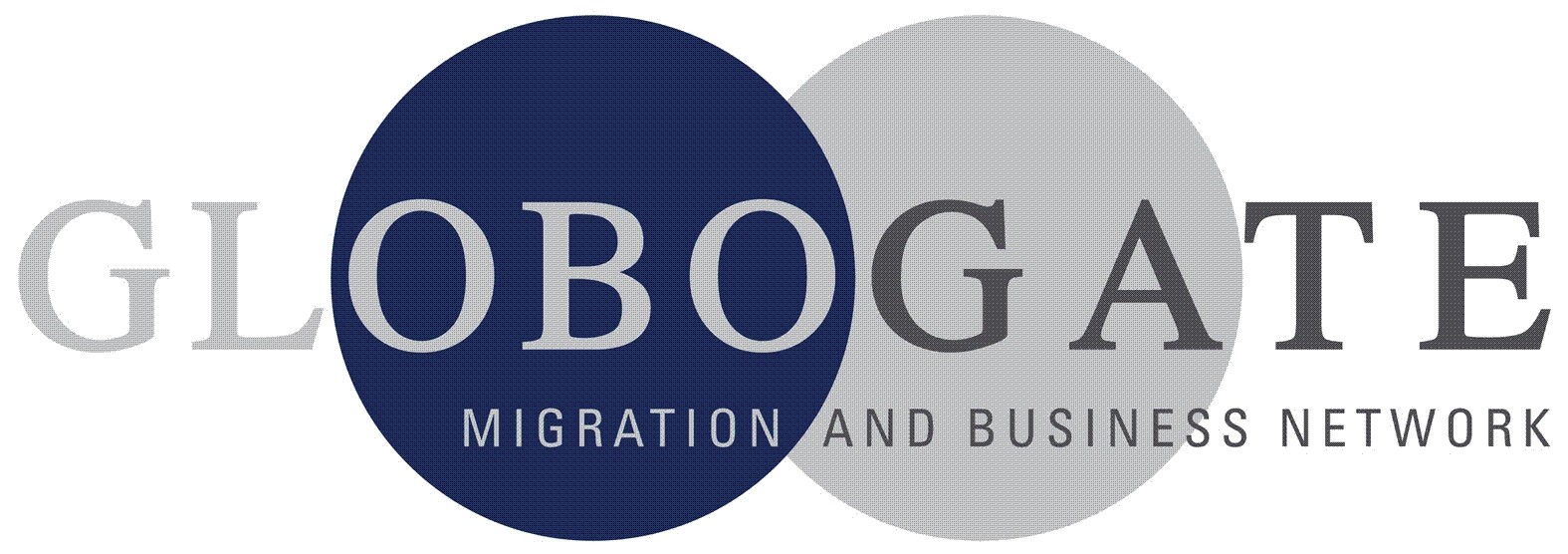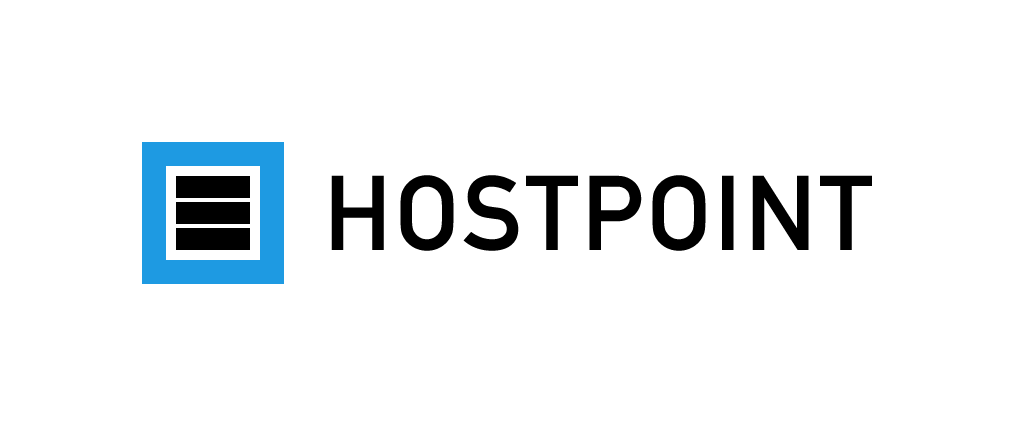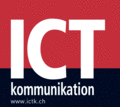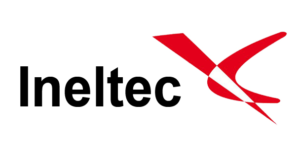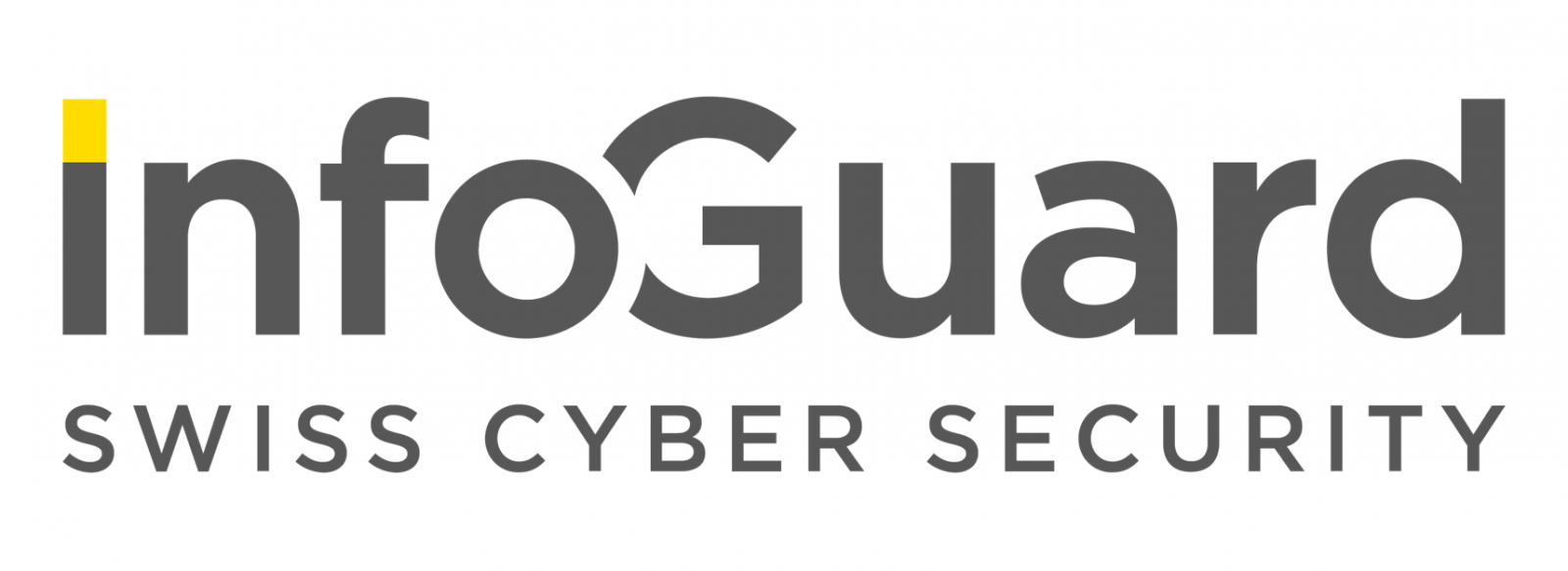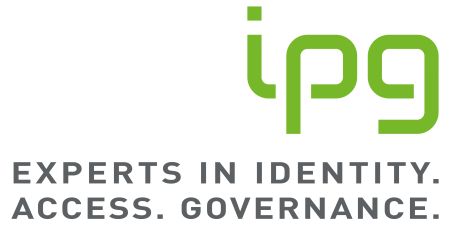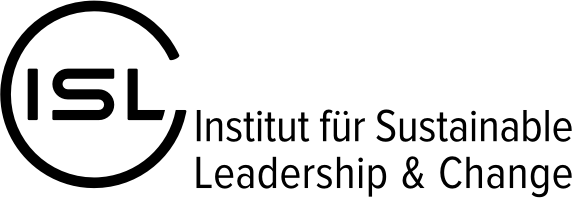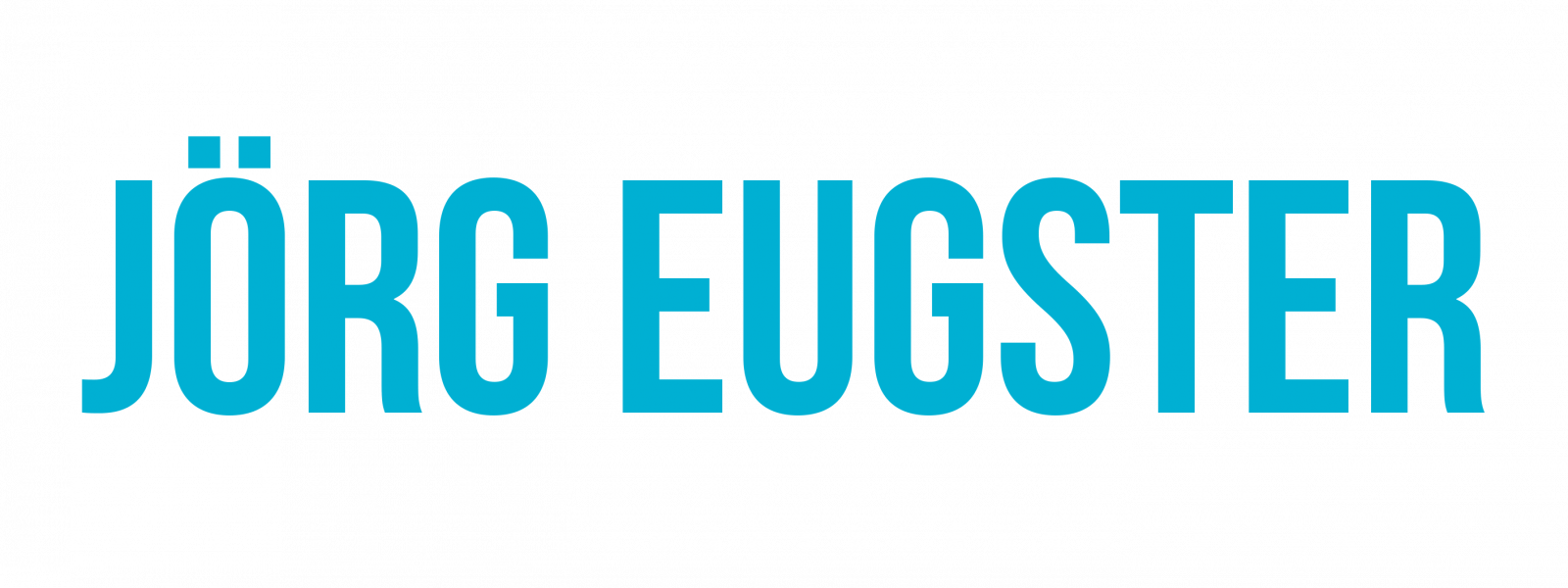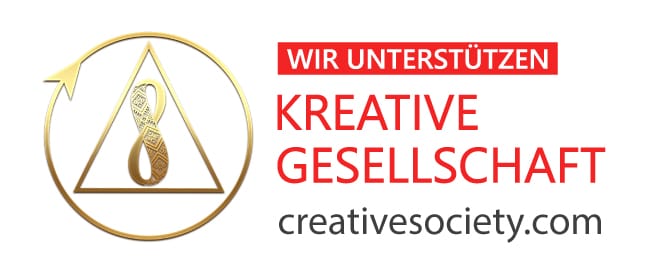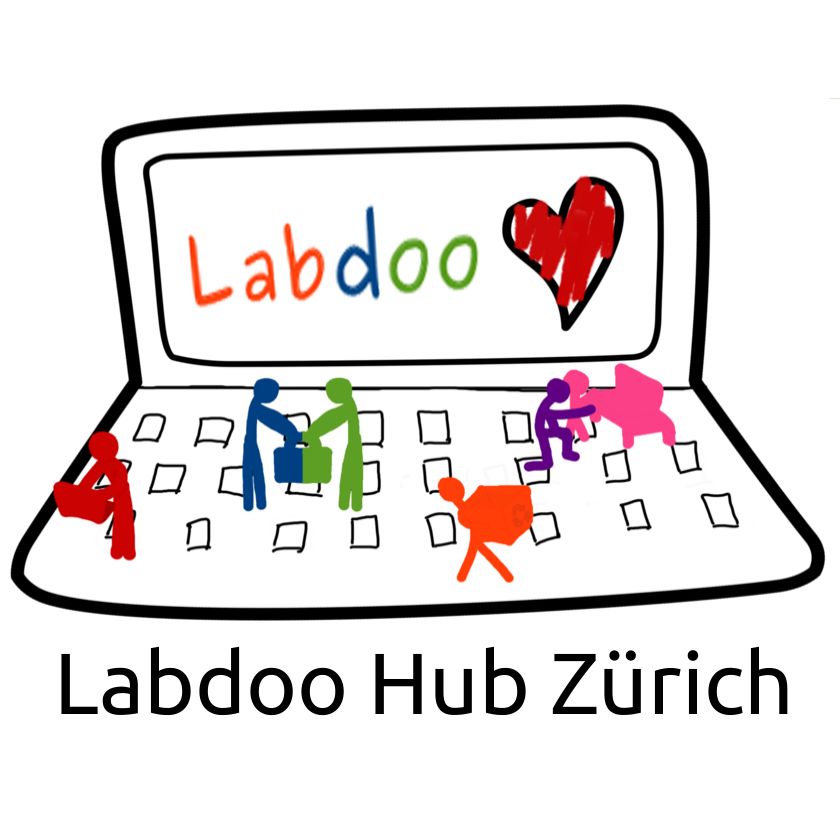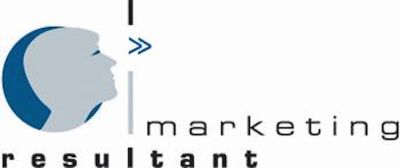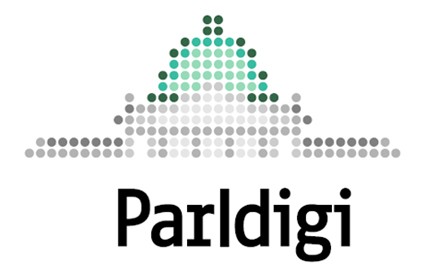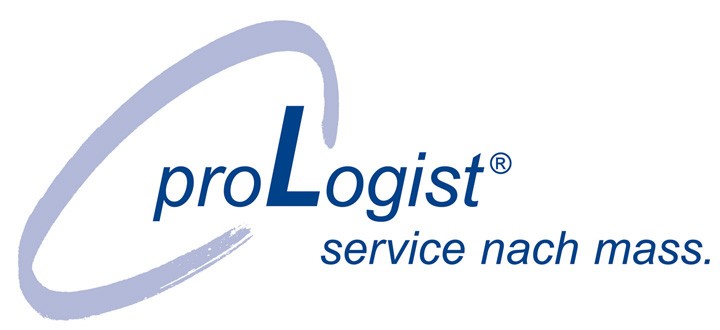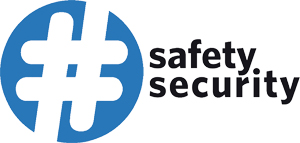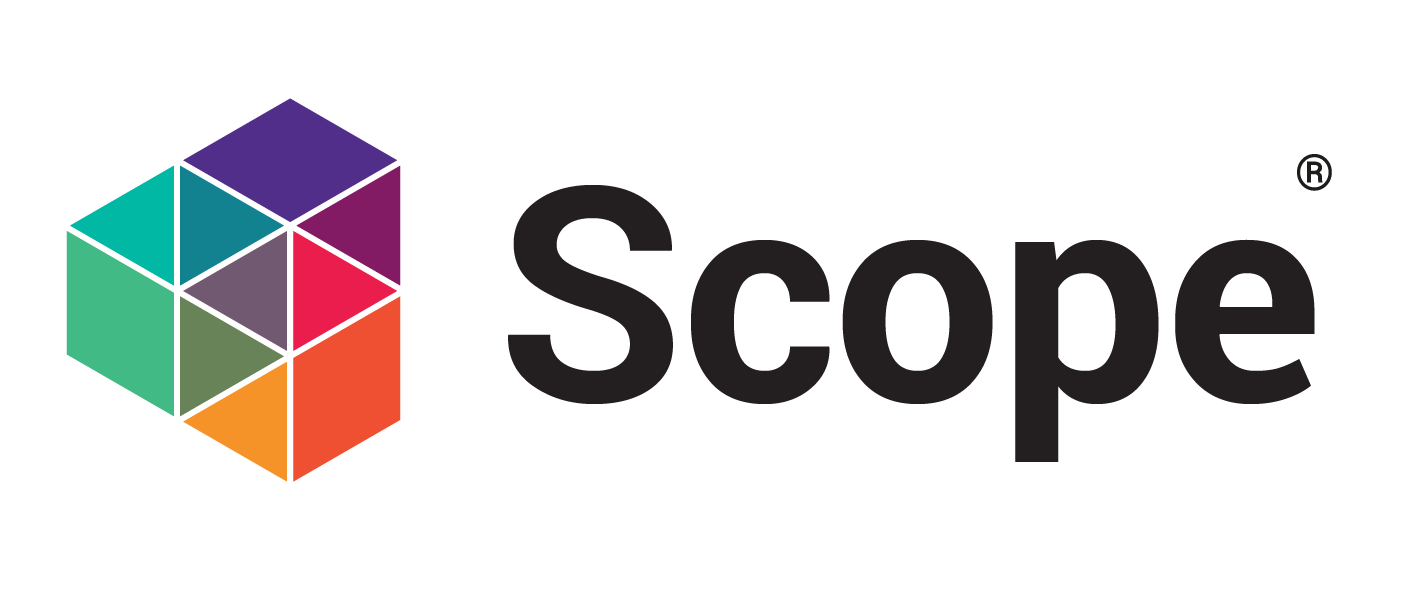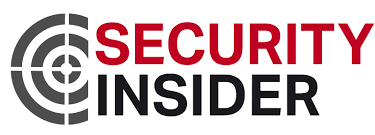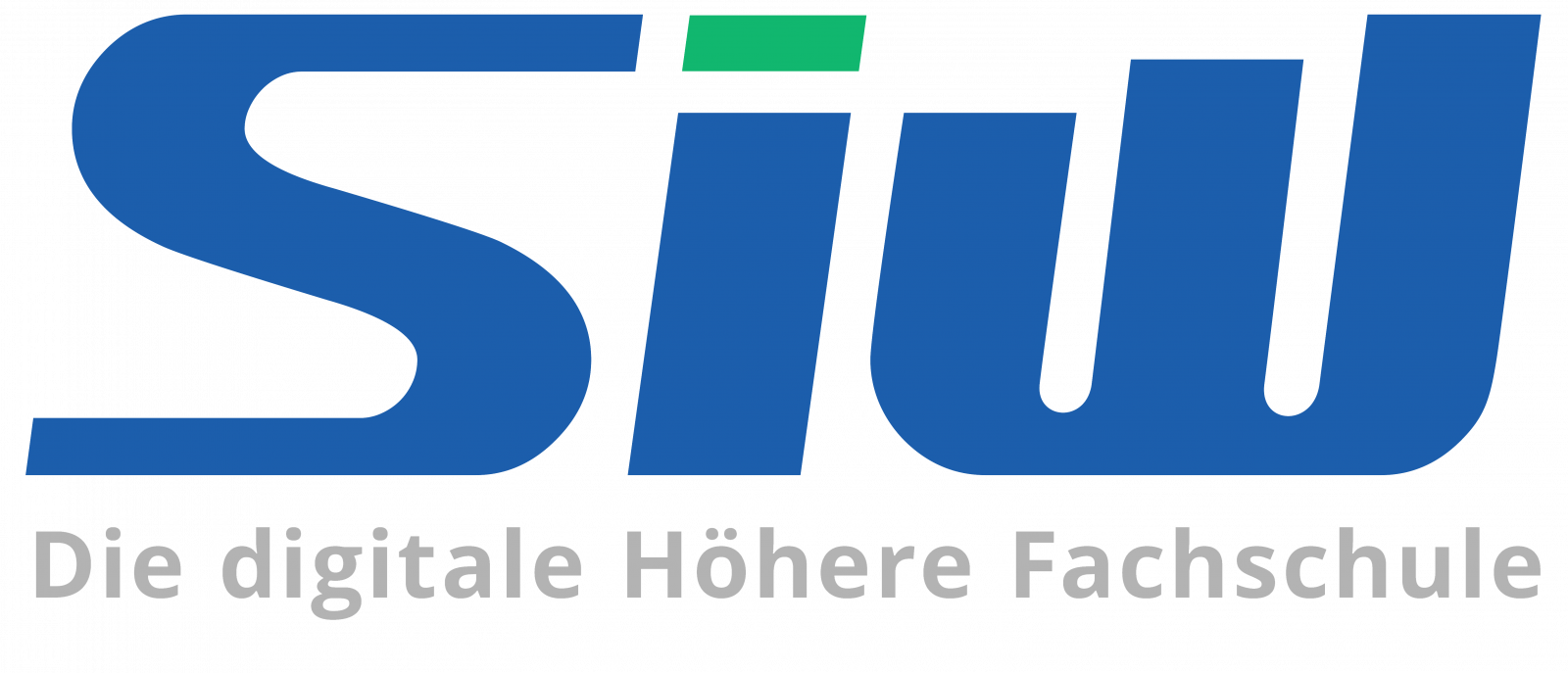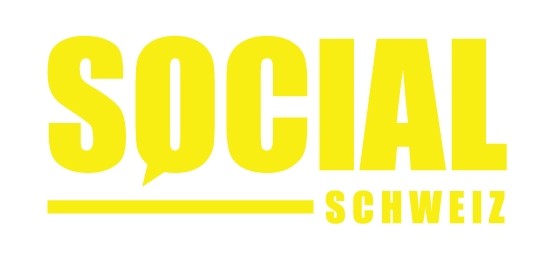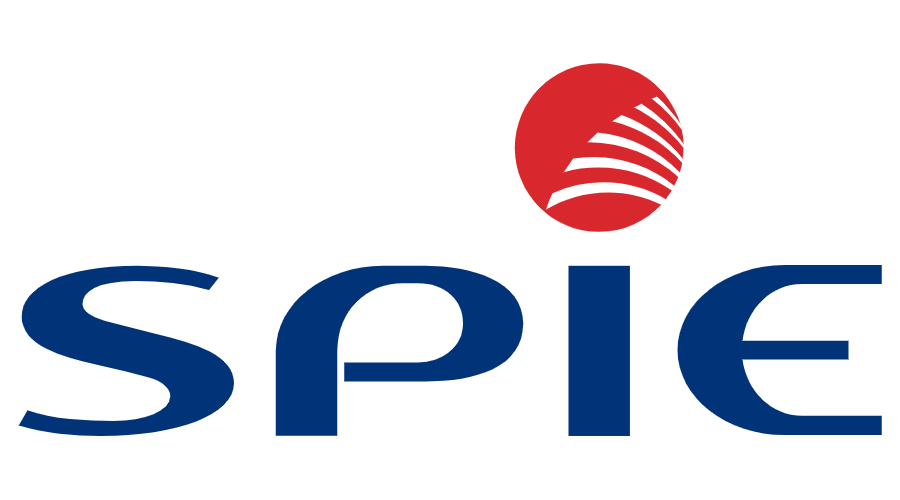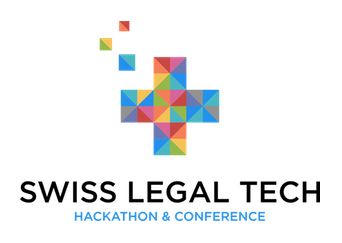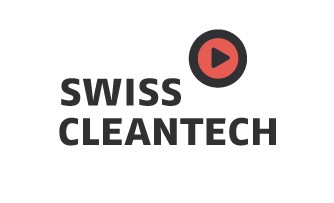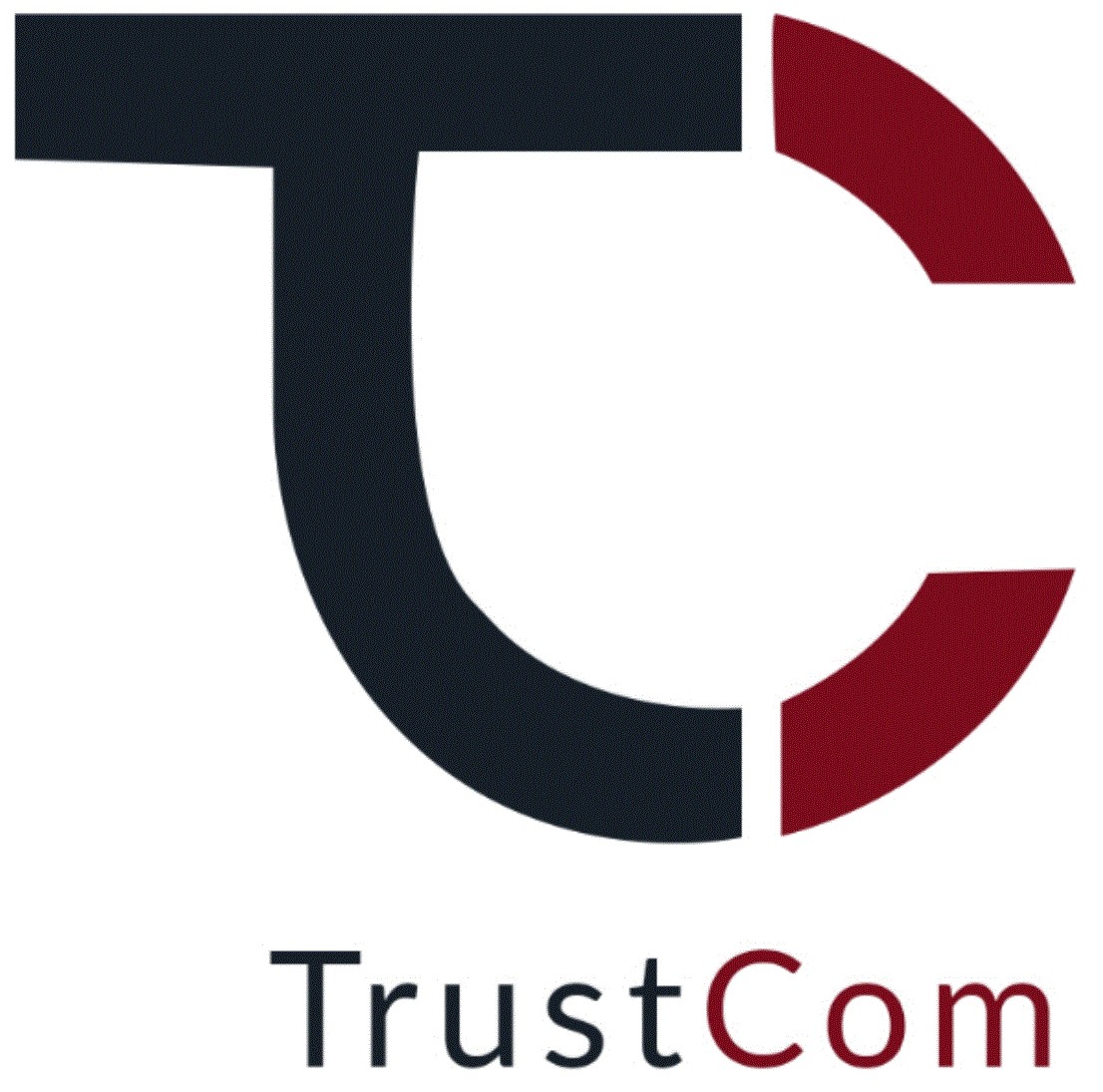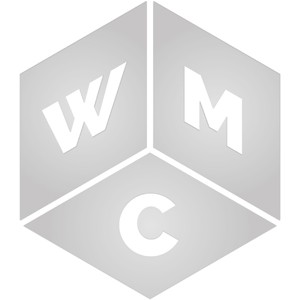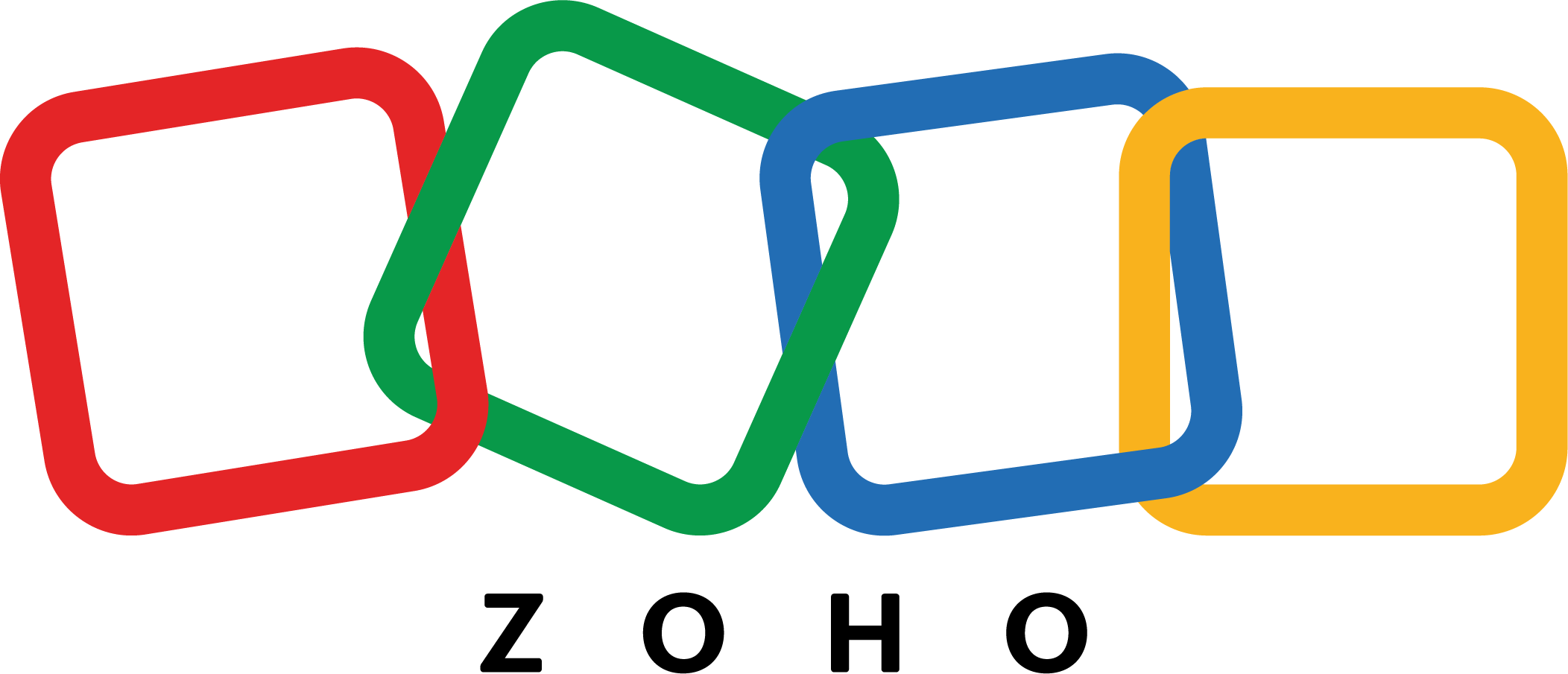Health data cooperatives – citizen empowerment.
Summary
Introduction: This article is part of a Focus Theme of Methods of Information in Medicine on Health Record Banking.
Background: Healthcare is often ineffective and costs are steadily rising. This is in a large part due to the inaccessibility of medical and health data stored in multiple silos. Furthermore, in most cases molecular differences between individuals that result in different susceptibilities to drugs and diseases as well as targeted interventions cannot be taken into account. Technological advances in genome sequencing and the interaction of ’omics’ data with environmental data on one hand and mobile health on the other, promise to generate the longitudinal health data that will form the basis for a more personalized, precision medicine.
Objectives: For this new medicine to become a reality, however, millions of personal health data sets have to be aggregated. The value of such aggregated personal data has been recognized as a new asset class and many commercial entities are competing for this new asset (e.g. Google, Facebook, 23andMe, PatientsLikeMe). The primary source and beneficiary of personal health data is the individual. As a collective, society should be the beneficiary of both the economic and health value of these aggregated data and (health) information.
Methods: We posit that empowering citizens by providing them with a platform to safely store, manage and share their health-related data will be a necessary element in the transformation towards a more effective and efficient precision medicine. Such health data platforms should be organized as cooperatives that are solely owned and controlled by their members and not by shareholders. Members determine which data they want to share for example with doctors or to contribute to research for the benefit of their health and that of society. Members will also decide how the revenues generated by granting third parties access to the anonymized data that they agreed to share, should be invested in research, information or education.
Results: Currently no functional Health Data Cooperatives exist yet. The relative success of health data repositories such as 23andme and PatientsLikeMe indicates that citizens are willing to participate in research even if – and in contrast to the cooperative model – the commercial value of these data does not go back to the collective of users.
Conclusions: In the Health Data Cooperative model, the citizens with their data would take the center stage in the healthcare system and society would benefit from the health-related and financial benefits that aggregation of these data brings.
Methods of Information in Medicine 53(2), S. 82–86
2014








